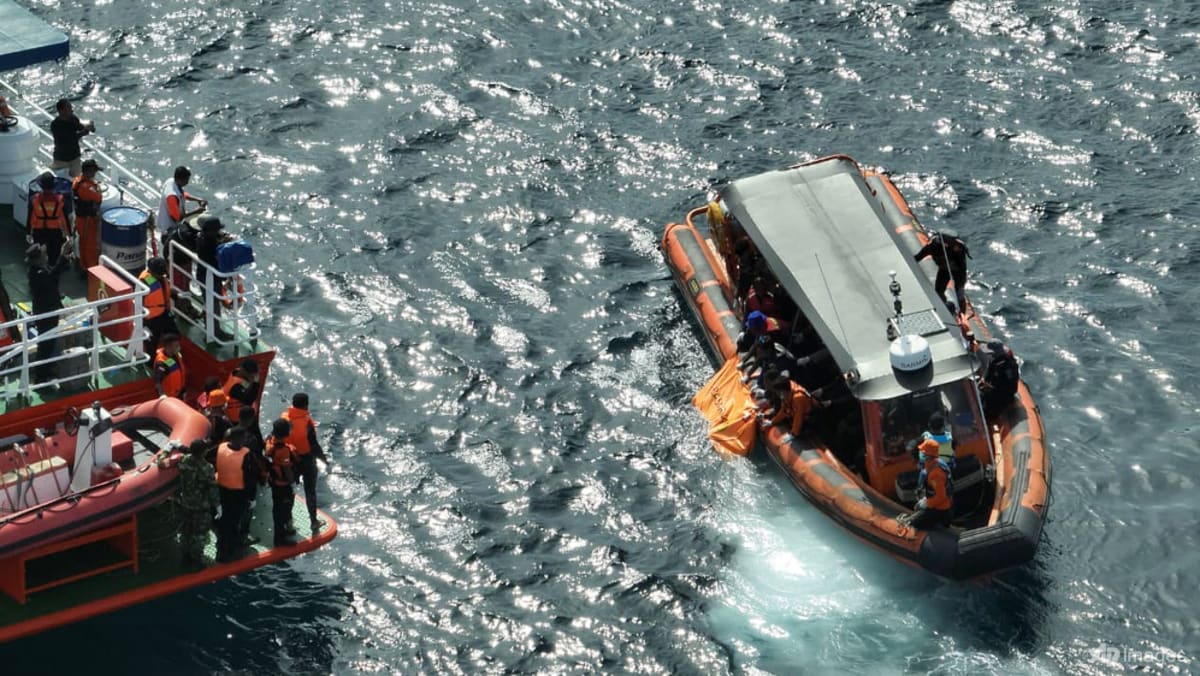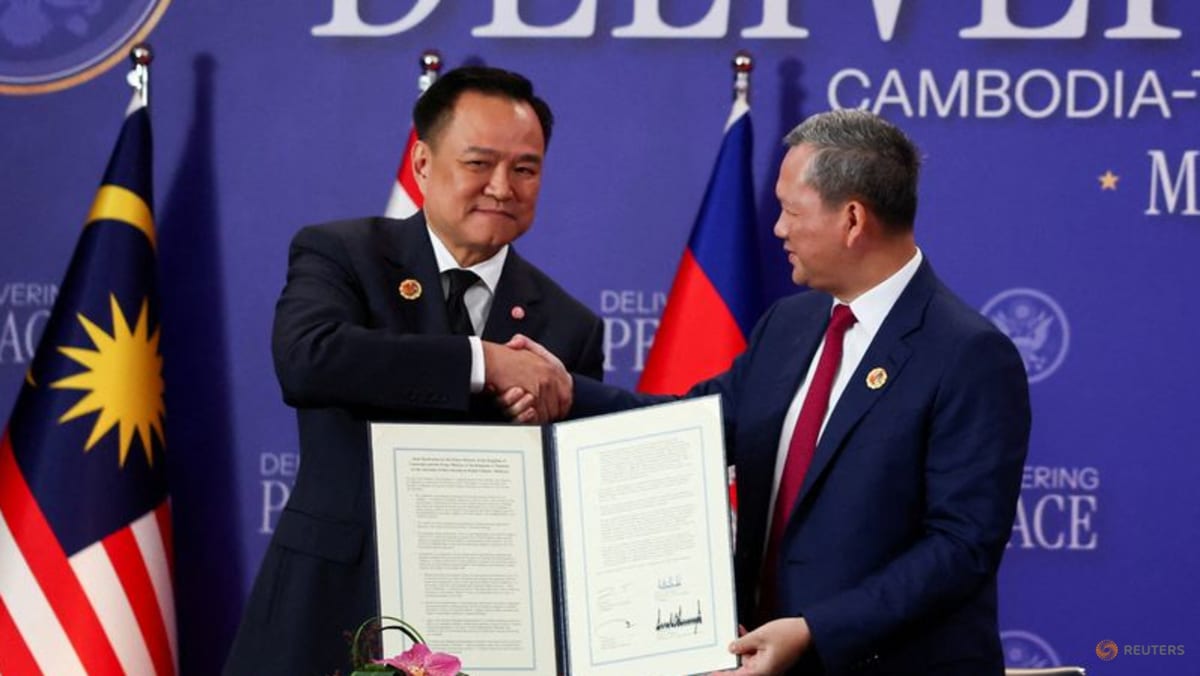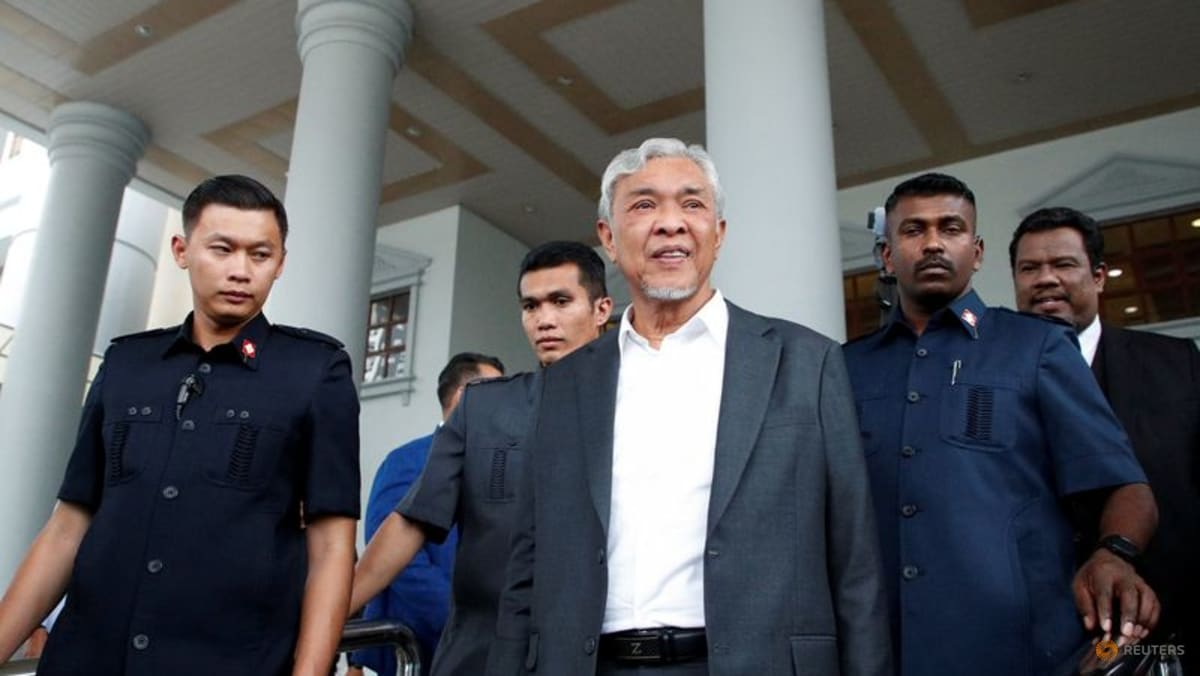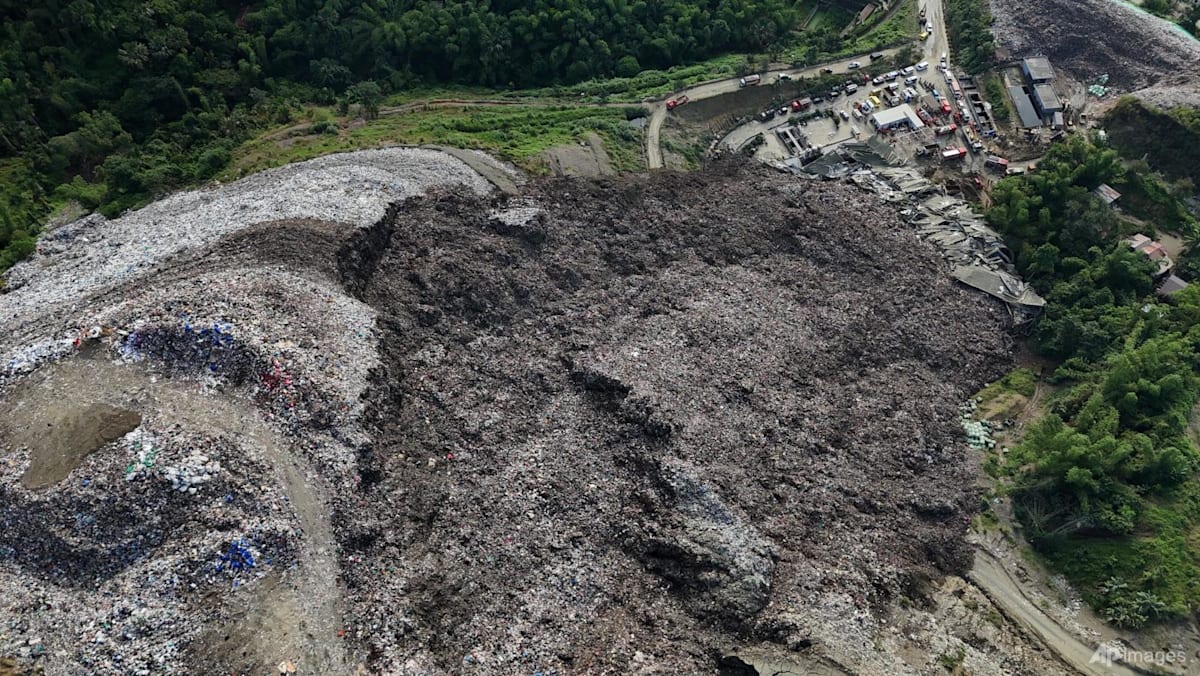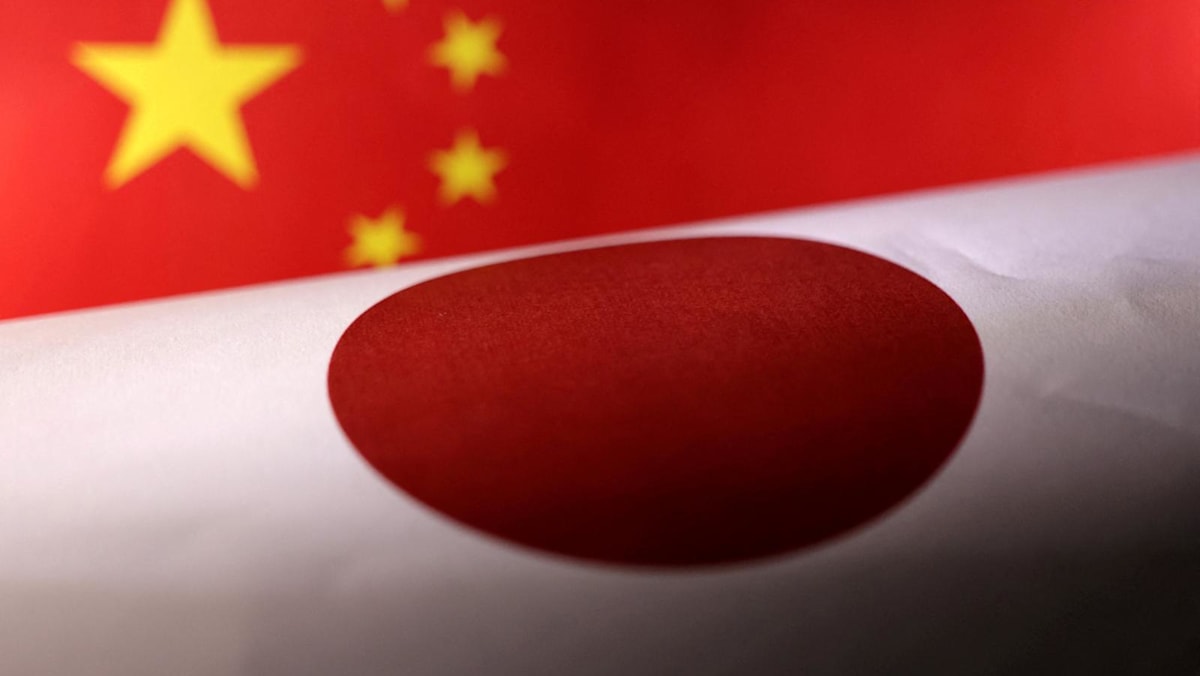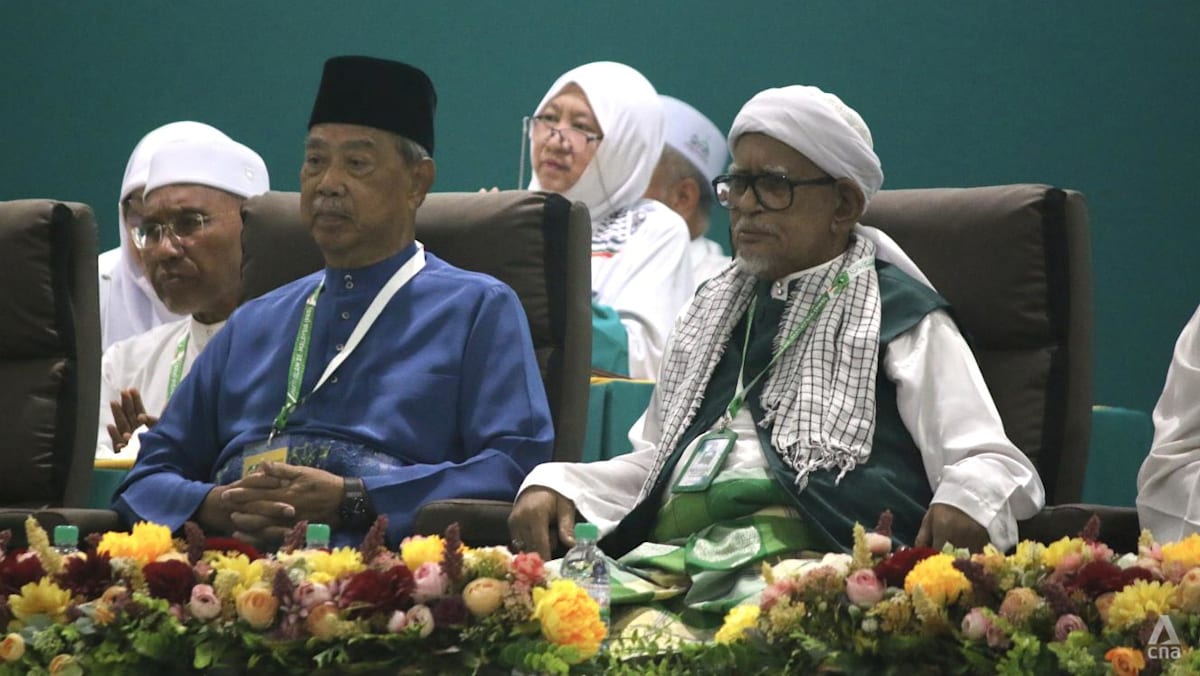‘A new era of slaves’: Thailand’s plan to loosen fisheries laws renews fears of illegal fishing, forced labour
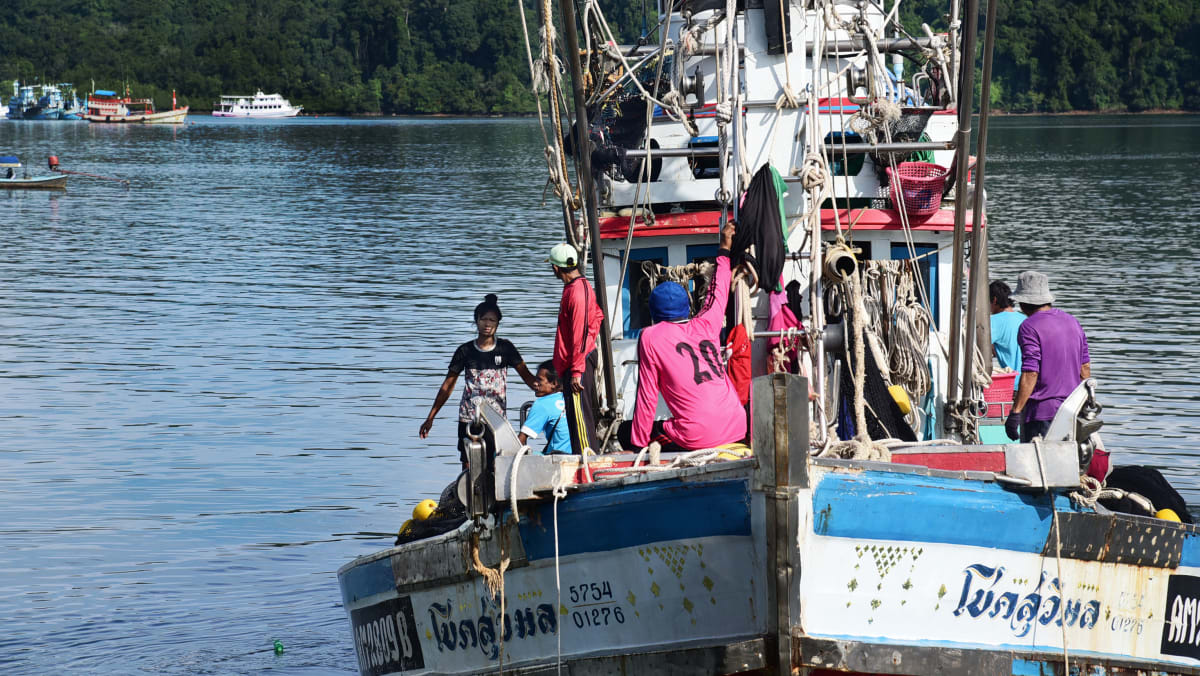
The laws have made it much more difficult for commercial fishers to enter inshore exclusion and marine protected areas, which are important as fish nurseries and for the regeneration of fish populations.
Yet while the association maintains that fishing yields have dropped and seafood prices have sunk, EJF’s analysis has found the opposite to be true.
The EJF found, based on available catch data by tonnage and value from the Department of Fisheries, that for almost all species groupings, the value of seafood landed by Thai-flagged vessels has gone up by 48 per cent, on average, between 2014 and 2022.
Crucial fishing grounds have also started to see a small but gradual rebound in stocks.
By 2017, catches in the Andaman Sea and Gulf of Thailand had reached a low after decades of overfishing.
Catch per unit effort (CPUE), which is a measure of how healthy fish stocks are and measured in kilograms of fish caught per hour, dropped by 96 per cent in the Gulf and 86 per cent in the Andaman between 1961 and 2017, based on data from the Department of Fisheries.
As of 2022, the figure in each water body had recovered by 80 per cent and 40 per cent, respectively.
It is “too soon” to think about rolling back any of the conservation measures, which have the “knock-on effect” of improving the productivity of inshore exclusion zones and the catches of artisanal fishers, said Mr Thomson.
Last month, 18 artisanal fishing associations presented their concerns to the Thai parliament, namely that commercial vessels would once again be allowed to encroach on their protected fishing grounds.
Yet these groups remain underrepresented in the law drafting committee, while there is no representation from environmental or labour groups.
WEAKENING WORKERS’ PROTECTION “A SLIPPERY SLOPE”
While the Thai fishing industry remains a dangerous business, labour and human rights groups say conditions have improved markedly in recent years, with operators made to properly register and compensate their workers.
“The situation on boats is better, workers are legal and they feel like they exist and are protected,” Ms Patima said.
Now, five of the eight proposed bills support the re-authorisation of at-sea crew transfers, as well as dropping crew-list requirements, which in the past has led to human rights abuses that are difficult to detect.
Move Forward Party is alone in wanting to drop the requirement for migrant workers to carry a seaman book, a document that licences their work on vessels.
The NFAT says the process of hiring and keeping crew is overly cumbersome and expensive, and there should be a decoupling of labour regulations from the law on fisheries.
“I think we need to separate the regulations because IUU is about how we manage the ships and protect the environment, but labour is totally another issue,” Mr Mongkol said.
Mr Woraphop agrees, saying the country’s current labour laws adequately cover fishing issues already.
But eroding workers’ protection is a “slippery slope”, said Mr Thomson.
Source: CNA







